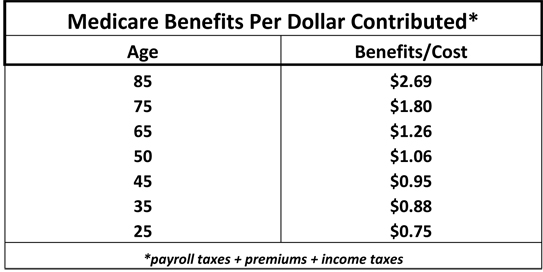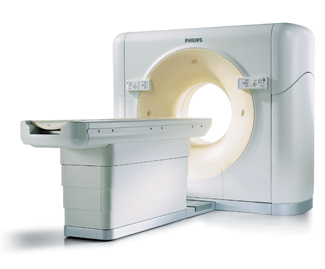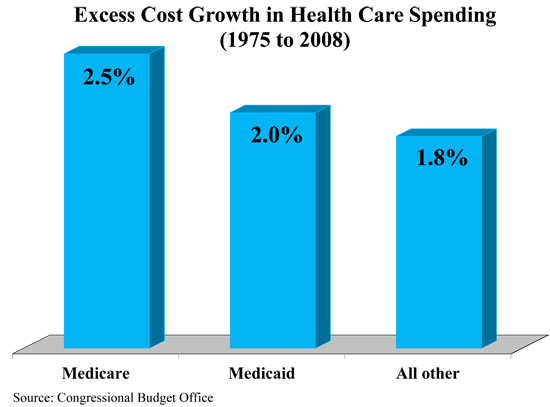What Difference Has RomneyCare Made?
Most conservative critics of the Massachusetts health reform have focused on any piece of bad news about the program they can find. After all, if this is the model for the federal legislation everyone calls “ObamaCare” it’s got to have a lot of defects. Right?
Not so fast. The real story coming out of Massachusetts is that the whole thing is a yawner. Health reform in the Bay State has been mainly about money: who writes the checks and who cashes them. That shouldn’t be a surprise. That’s usually what health reform is about. But what about the effect on patients? As it turns out, there has been very little change at all.
Does that mean that health reform at the federal level might also be benign? I wish. Unfortunately, ObamaCare introduces new and dangerous distortions that you don’t find in Massachusetts — partly because states don’t have the same powers as the federal government. More about that below.




